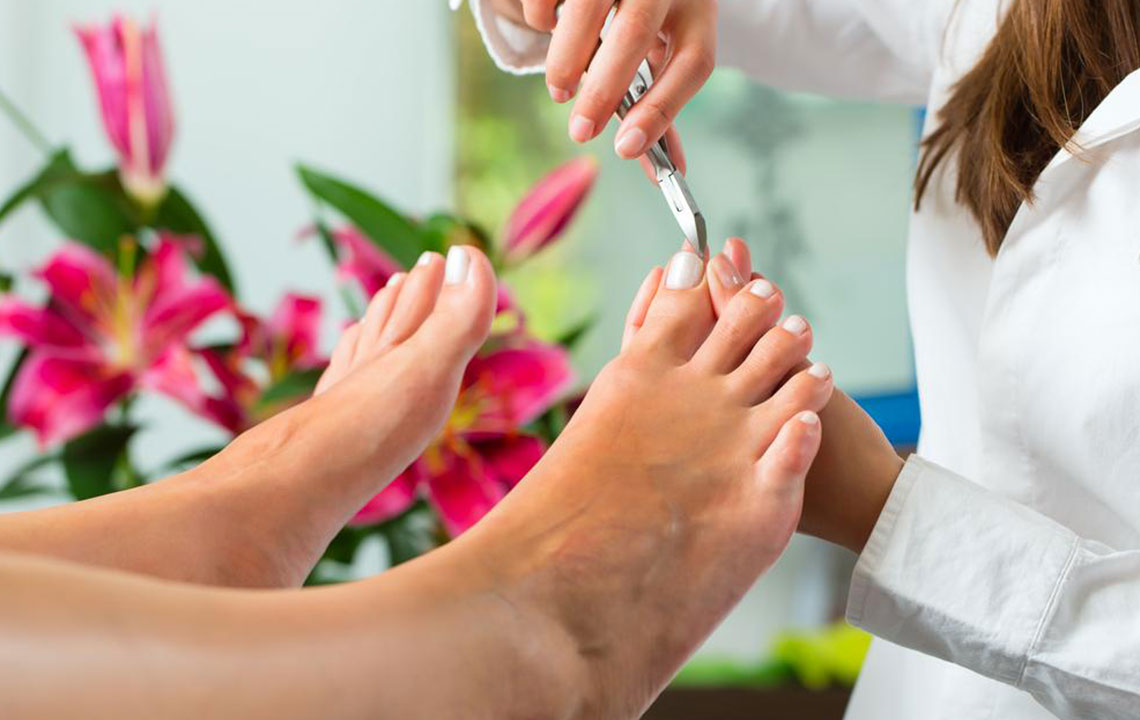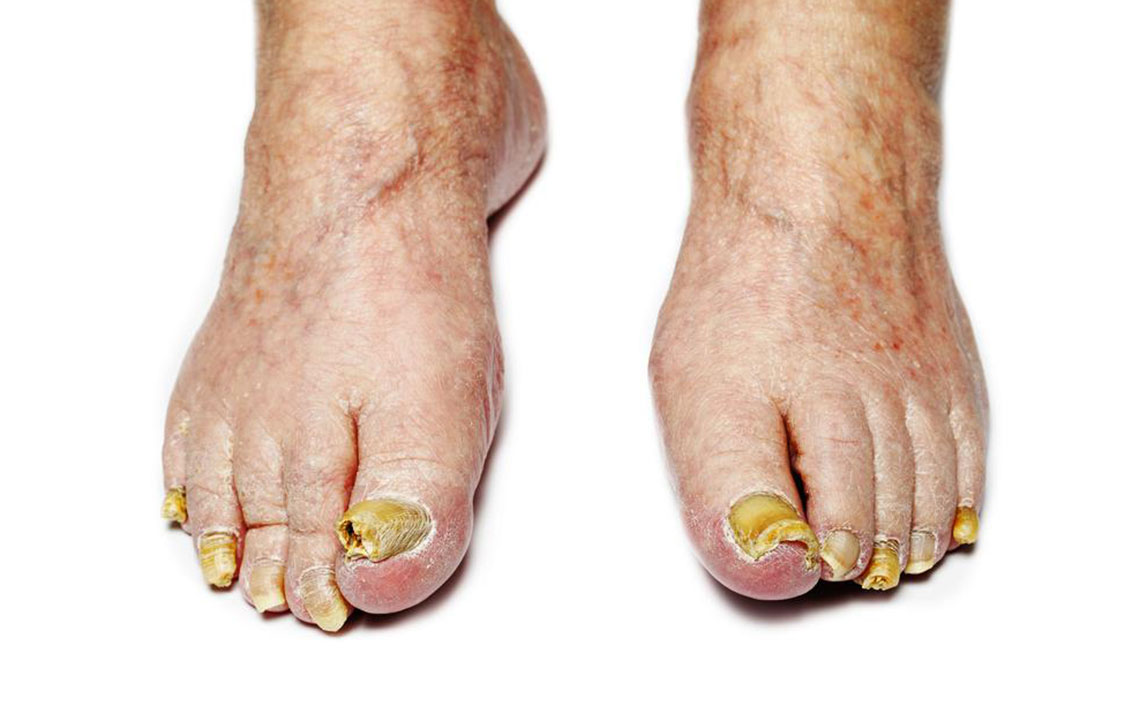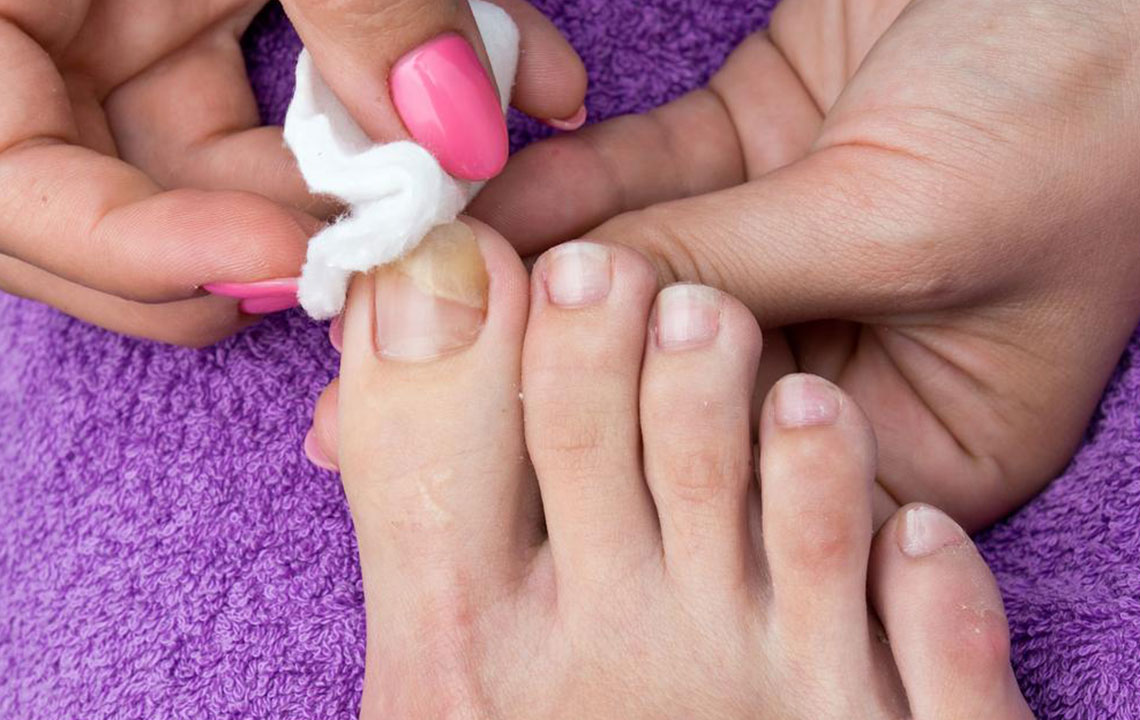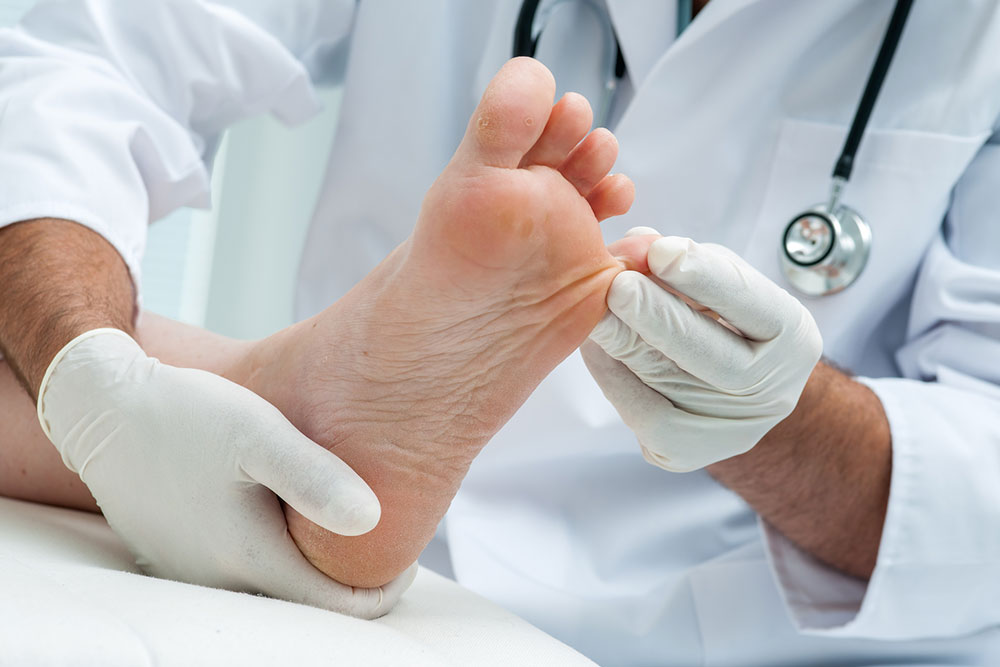Comprehensive Guide to Nail Fungus Treatment and Prevention
Learn everything about nail fungus, including symptoms, causes, treatment options, and preventive tips. Discover natural home remedies like vinegar, tea tree oil, and baking soda to combat fungal infections effectively. Proper care and hygiene can help prevent and manage nail fungus, ensuring healthier nails and avoiding discomfort.
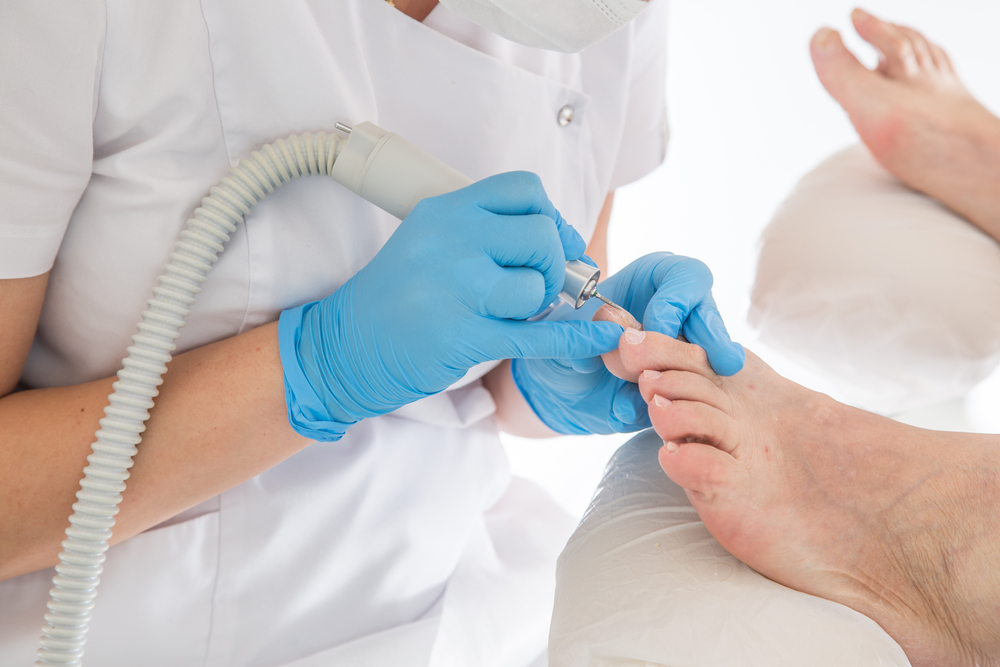
Comprehensive Guide to Nail Fungus Treatment and Prevention
All you need to know about combating nail fungus
Nail fungus, medically known as onychomycosis or tinea unguium, is a prevalent condition causing abnormal changes in fingernails and toenails. While often linked to poor hygiene, various factors can also lead to fungal infections in nails.
Below, learn about the symptoms, causes, treatment options, and preventive measures for nail fungus.
An infection with nail fungus may present symptoms such as:
Thick, fragile, and crumbling nails
Uneven, misshapen, and dull nails
Yellowish or dark discoloration
Scaling under the nail (hyperkeratosis)
White or yellow streaks on nails
Yellowish spots beneath the nail
Separation of nail from nail bed
Foul odor from affected nails
Discomfort or pain in the nails
Risk factors for nail fungal infection include:
While anyone can develop it, men, older adults, and those with compromised circulation are more susceptible.
Additional risk factors involve:
Poor circulation
Slow nail growth
Excessive sweating
Family history of fungal infections
Humid work environments
Wearing unclean or tight shoes and socks for long durations
Prolonged use of artificial nails
Walking barefoot in damp public places like gyms or pools
Contact with infected individuals
Previous nail injuries or infections
Preventive tips for nail fungus include:
Prevention is key. To avoid infection, consider these measures:
Wash hands and feet regularly; avoid walking barefoot in communal areas
Trim and file nails to keep them neat and smooth
Disinfect grooming tools after each use
Change socks daily and choose breathable footwear
Disinfect shoes regularly and avoid sharing footwear
Ensure salon tools are properly sterilized
Limit the use of nail polish and artificial nails periodically
Treatment options for nail fungus include:
Over-the-counter (OTC) antifungal creams or ointments prescribed by a healthcare professional for topical application
In stubborn cases, oral antifungal medications may be recommended by your doctor
Effective home remedies for curing nail fungus: Here are some popular natural treatments:
Vinegar: Soak affected nails in a mixture of vinegar and warm water for 20 minutes daily to help eliminate fungi.
Listerine: This mouthwash contains ingredients like menthol and thymol, which possess anti-fungal properties. Use it as a soak for affected nails.
Baking soda: Create a paste with baking soda and water, then apply it to the nails. You can also soak your feet in baking soda water for added benefits.
Tea tree oil: Known for its potent anti-fungal and anti-inflammatory qualities, apply a few drops to the infected nails daily.
Ozonized sunflower oil: Topically applying this oil twice a day may help eradicate fungal infections effectively.

